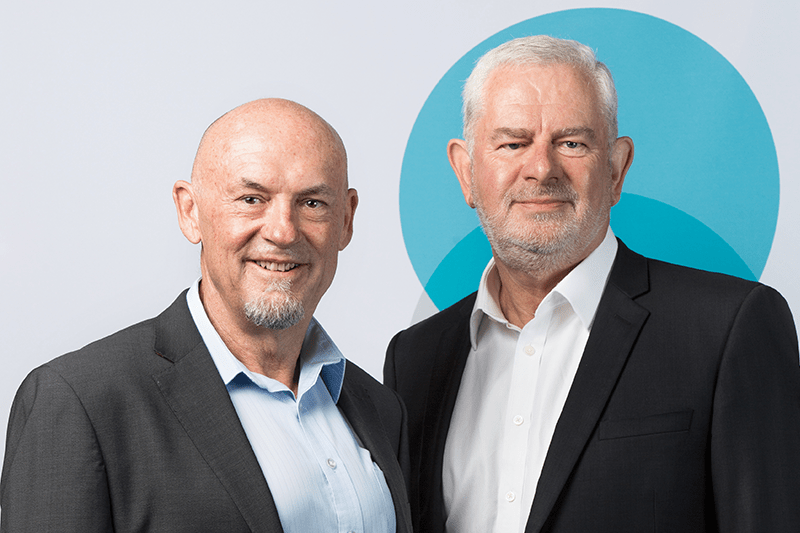By Peter Kelly on 3 October 2019
Whether you love him or loathe him, Scott Pape, author of the Barefoot Investor, has popularised the financial self-help movement in Australia in recent years.
I first heard about him a couple of years ago and at a time when many financial advisers were calling foul and suggesting that he was simply providing financial advice, and promoting a well-known industry super fund, without jumping through all the regulatory hoops financial planners had to comply with.
In order to understand his message, I bought his book.
The Barefoot Investor can be very polarising.
His book was an interesting read and I have to admit, it provided some really useful tips on getting one’s financial mess sorted out. Naturally the book was punctuated with testimonials and case studies of people who have applied the principles and are enjoying the fruits of strict discipline and healthy savings habit.
Scott’s message is quite simple – but it does require discipline.
It revolves around having a Barefoot Date Night with your “significant other” during which time you map out your financial strategy on a serviette. I think he is referring to a paper variety, and not the freshly starched linen number often found in fancy restaurants.
The process involves setting up a number of low fee bank accounts with names like “daily expenses”, “splurge”, “smile”, “fire extinguisher” and “mojo”. I have to admit, with names like that, I struggle with understanding just what each account is supposed to do. But that is probably just me.
Anyway, the basic thrust of the message is to:
- Have an emergency fund with $1,000
- Set up some basic bank accounts for specific purposes
- Pay off your debts – particularly consumer credit, car repayments and credit cards
- Save for a home deposit and buy your own home
- Increase savings to super to 15% of salary – your employer already contributes 9.5% of that!
- Build your emergency fund to cover three months of living expenses
- Fast track your mortgage repayments
- Work out how much you need for retirement
- Leave a legacy
The messages conveyed in the Barefoot Investor are not new.
There is an entire industry that has been built up around providing financial self-help. Perhaps one of the early examples is “The Richest Man in Babylon”, a book written by George Glasson and first published over 90 years ago!
And today, there are popular commentators like Dave Ramsey, Chris Hogan and others that regularly promote their message on YouTube, Facebook, and the like.
No matter which way you look at it, there is a similarity in the messages being promoted. It can be summarised along these lines:
- Spend less than you earn – in some cases to the extent of living very frugally, at least until debts are repaid
- Have a sum of money set aside for emergencies
- Fast track the repayment of non-home loan debt
- Be thoughtful about spending – for both large and small purchases
- Cut up credit cards and avoid “buy-now, pay later” finance arrangements like AfterPay, Zip, Mozo, just to mention a few.
- Increase savings for retirement
- Pay off the home mortgage as quickly as possible
- Once established financially, be generous and give.
Like so many self-help strategies, being successful requires a tremendous amount of discipline.
If you are like most people, what seems like a really great idea will soon fall by the wayside once the novelty wears off.
For those who are really committed to carving out a prosperous financial future, read the books and watch the YouTube videos, by all means. You will pick up some really great ideas that resonate with you.
But also consider getting a coach, a financial planner, or a like-minded friend or family member, to be accountable to. The road to financial success can be very lonely so having someone to check in with on a regular basis is very beneficial.
Have you mastered the road to financial freedom?
If so, please feel free to share your experiences and tips in the comments section.



comments